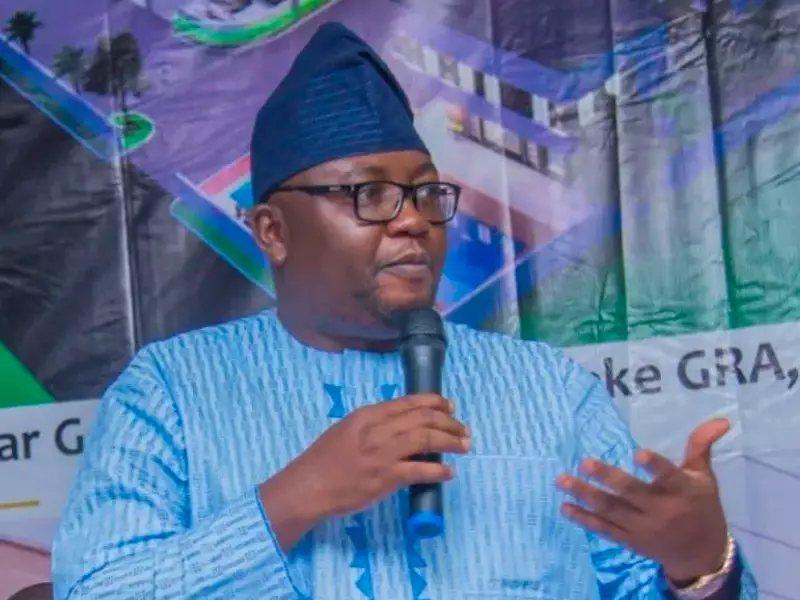
Nigeria's power sector is grappling with a severe metering deficit that has left millions of electricity consumers in the dark about their actual consumption. Recent revelations show that only approximately 100,000 meters have been installed across the country, creating a massive gap in the nation's electricity infrastructure.
Ambitious Targets Meet Harsh Reality
Power Minister Adebayo Adelabu has set an ambitious five-year target to install seven million meters nationwide. This bold initiative comes as response to growing public outcry over estimated billing and the lack of transparent electricity consumption measurement.
The current metering situation presents a significant challenge to the government's power sector reform agenda. With millions of households and businesses still relying on estimated billing, consumers continue to protest what they describe as "crazy bills" that don't reflect their actual energy usage.
The Metering Gap Consequences
The shortage of functional meters has several critical implications for Nigeria's power sector:
- Consumers face inconsistent and often inflated electricity bills
- Distribution companies struggle with revenue collection
- The entire power value chain suffers from financial losses
- Investment in the sector becomes less attractive to potential investors
Minister's Reform Agenda
Minister Adelabu's comprehensive plan extends beyond just meter installation. The strategy includes:
- Accelerating the rollout of smart meters nationwide
- Strengthening partnerships with private meter providers
- Improving the regulatory framework for meter installation
- Enhancing consumer education about meter usage and benefits
The success of this initiative could transform Nigeria's electricity landscape, providing much-needed transparency and accountability in billing processes. However, achieving the seven million meter target within five years will require unprecedented coordination between government agencies, distribution companies, and private sector partners.
Road Ahead for Power Sector
As the minister pushes forward with this ambitious plan, industry watchers emphasize the need for sustainable funding models and efficient implementation strategies. The metering gap represents both a challenge and an opportunity to rebuild consumer trust in Nigeria's power sector while creating thousands of jobs in the meter manufacturing and installation ecosystem.





